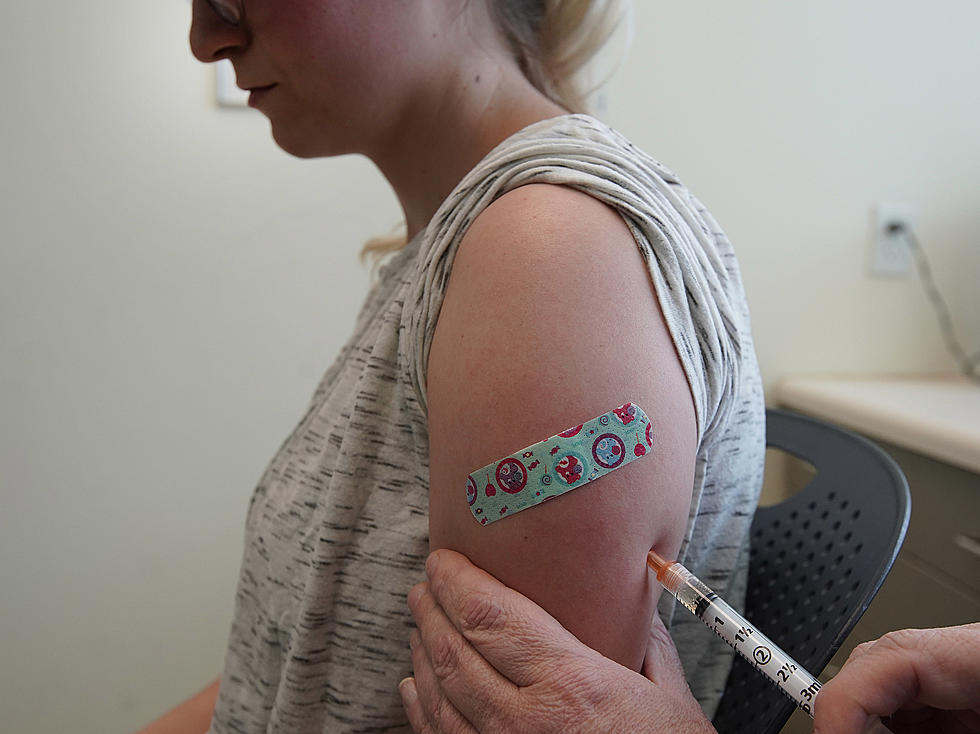
Wyoming Department of Health Confirms Plague in Lander-Area Cat
Laboratory testing has recently confirmed plague in a Fremont County cat, according to a press release from the Wyoming Department of Health.
“Plague is a serious bacterial infection that can be deadly for pets and people if not treated as soon as possible with antibiotics,” said Dr. Emily Curren, the Department's state public health veterinarian.
“The disease can be passed to humans from ill animals and by fleas coming from infected animals," Curren said. "We are letting people know of the potential threat in the cat’s home area as well as offering a reminder about plague to people across the state.”
The disease is rare in humans, but plague occurs naturally in the western United States where rodents and their fleas become infected, she said. “It is safe to assume a risk for plague exists all around our state.”
The cat from the Lander area is an indoor-outdoor pet, known to hunt rodents, and is being treated.
No human illnesses are associated with the current Fremont County situation, the Department of Health said.
However, the Department reported a human case of pneumonic plague in a Fremont County individual with exposure to sick pet outdoor cats in September 2021.
The U.S. Centers for Disease Control and Prevention reported an average of six human plague cases in the nation from 2011 to 2020.
Recommended precautions to help prevent plague infection include:
- Use repellent if exposure to fleas is possible during activities such as camping, hiking or working outdoors. Products containing DEET can be applied to the skin as well as clothing.
- Keep fleas off indoor and outdoor pets by applying flea control products. Animals that roam freely outdoors are more likely to come into contact with plague-infected animals or fleas.
- Avoid unnecessary exposure to rodents, including avoiding areas with unexplained rodent die-offs and rodent carcasses.
- If pets become sick, seek care for them from a veterinarian as soon as possible.
- Do not allow dogs or cats that roam free to share beds with people.
- Reduce rodent habitats around the home, workplace and recreational areas by removing brush, rock piles, junk, cluttered firewood and possible rodent food supplies.
- Wear gloves and a mask if handling potentially infected or deceased animals to prevent contact between your skin and the plague bacteria and to prevent inhaling the plague bacteria.
Plague symptoms in pets can include enlarged lymph glands; swelling in the neck, face or around the ears; fever; chills; lack of energy; coughing; vomiting; diarrhea and dehydration.
Plague symptoms in people can include fever, swollen and tender lymph glands, extreme exhaustion, headache, chills, coughing, difficulty breathing, abdominal pain, vomiting and diarrhea.
People who are ill should seek professional medical attention.
Wyoming Weed & Pest's Most Notorious Species
Central Wyoming Fair and Rodeo; livestock exhibits
More From K2 Radio









